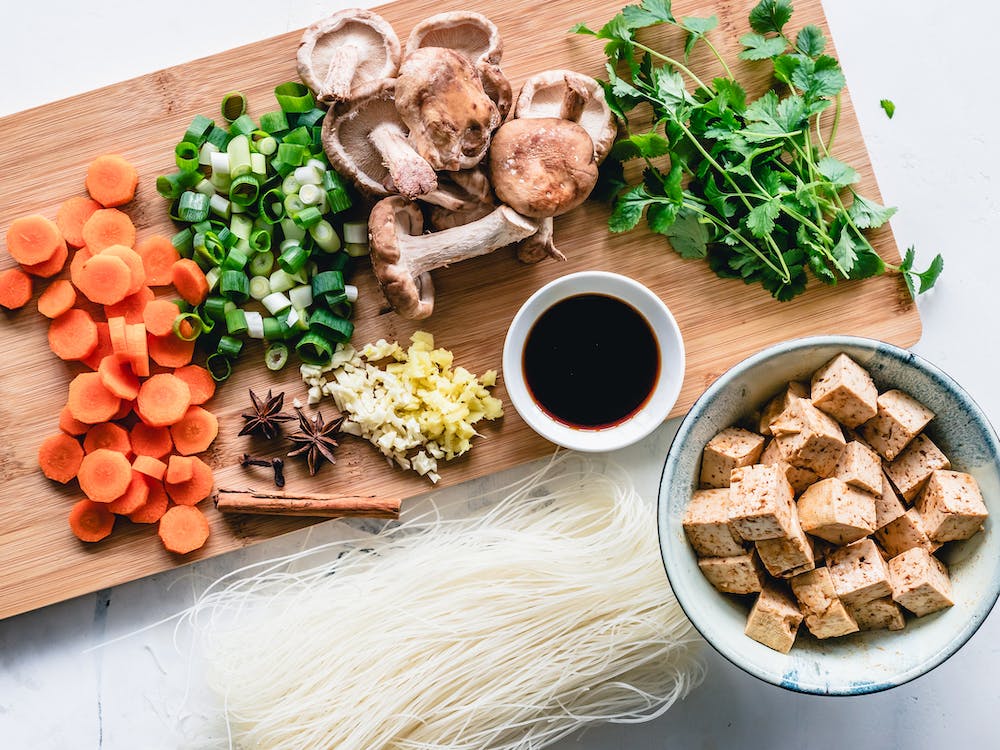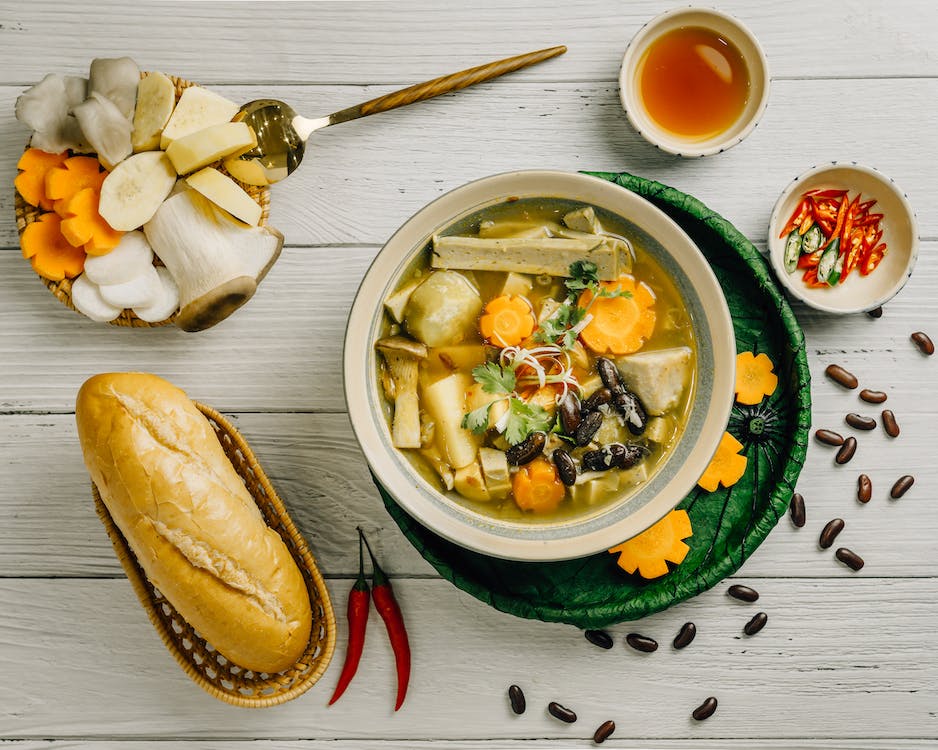How To Add More Protein To Your Vegetarian Diet
Protein is your body's building block, as it plays a crucial role in making muscles, tendons, and skin tissue. It helps your body fight infections by creating the needed antibodies. It also fuels the body, maximizing your energy to power through daily activities.Vegetarian fatigue has become common as this diet is plant-based. That's usually because the body doesn't get enough protein, particularly complete protein, alongside the necessary calorie intake. But being a vegetarian does not mean you can't get enough protein. Here's how to add more of this essential nutrient to yourvegetarian diet.
1. Embrace plant-based protein sources
Meat isn't the only source of high-quality protein, as you can get it from plant-based foods too. But you need to find the right ones. Legumes like beans, lentils, and chickpeas are excellent plant-based sources of good protein. They are rich in other essential nutrients, fiber, and amino acids. You can add tofu and tempeh as versatile soy-based protein to your meals. Tofu, in particular, works well in many delicacies and can easily replace meat-based dishes.
2. Add plant-based supplements to your diet
According to experts, a physically inactive adult should consume at least0.8 grams of protein per kilogram of body weight. That means an adult male should eat about 56 grams of protein daily, while a female should take about 46 grams. While there's no evidence of protein deficiency among vegetarians or vegans, it's still possible not to meet your recommended daily intake. Adding plant-based protein supplements to your diet is an effective way to ensure that your body is always properly fueled up for the day, and there are many options worth spending on. For example, you can find specially formulatedplant protein superfoods made only for vegans, also rich in organic fruits and vegetables.
3. Experiment with quinoa and other grains
Quinoa is a complete source of protein, unlike some plant proteins, which means it's rich in all nine essential amino acids that your body cannot make on its own. This superfood is also naturally gluten-free; you can safely eat it even with gluten intolerance. For a vegetarian, quinoa is an excellent addition to your diet, ensuring you keep your protein count up.
However, you can eat other grain foods with substantial protein content. Foods like buckwheat and farro are excellent examples; you can use them instead of your usual rice or pasta meals.
4. Combine carbs and protein
Protein and carbohydrates work together to keep your body healthy and functioning. Carbs deliver glucose to energize your body and muscles. Unfortunately, some high-protein diets may not allow carbs so much that you don't get adequate nutrients or fiber, even on a plant-based diet. While protein can fuel you, your body may not function at its peak without eating enough carbs. So, don't forget to add high-quality carbohydrates to your daily diet if you want to make the most of your protein intake.
These tips will help you add more protein to your vegetarian diet without entirely altering your meal preferences.
839GYLCCC1992





Leave a Reply